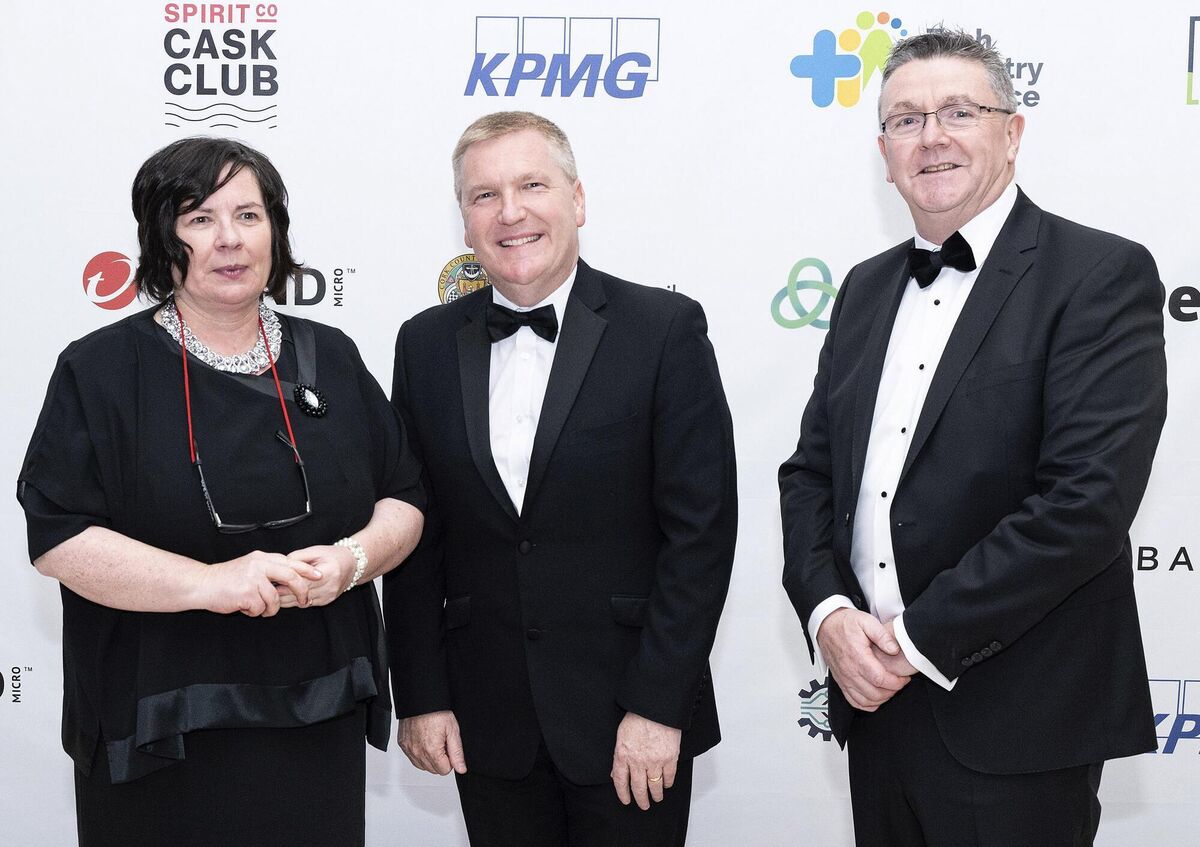Irish Examiner view: Social media platforms allow hate and harassment fester

Senator Micheál Carrigy received messages — online and via his phone — threatening him and his family. Picture: Maxwells
Meta Ireland admitted that it allows a “higher level of criticism” for public figures on its platforms, compared with ordinary citizens.
“Higher level of criticism” can be shortened to “abuse”, pure and simple.
The Irish Fiscal Advisory Council (Ifac) popped up earlier this week to douse the Government’s Budget 2024 plans in cold water.

McGrath’s points are well made — capital development when the exchequer is healthy is important — but Ifac’s criticisms cannot be dismissed out of hand either.
Historic news for the State’s first official language from Utah, of all places. The Sundance Film Festival will host the world premiere of Irish language film, , next month.

The origin story of the groundbreaking Belfast rap trio of the same name, Kneecap, will be screened on the festival’s opening night, January 18, as part of Sundance’s Next strand of “pure, bold works”. It is the first non-US film to be selected for the Next section.
comes hot on the heels of the success of , which drew rave reviews last year and became the first Irish-language film to be submitted in the Best International Feature Film category at the Academy Awards.





